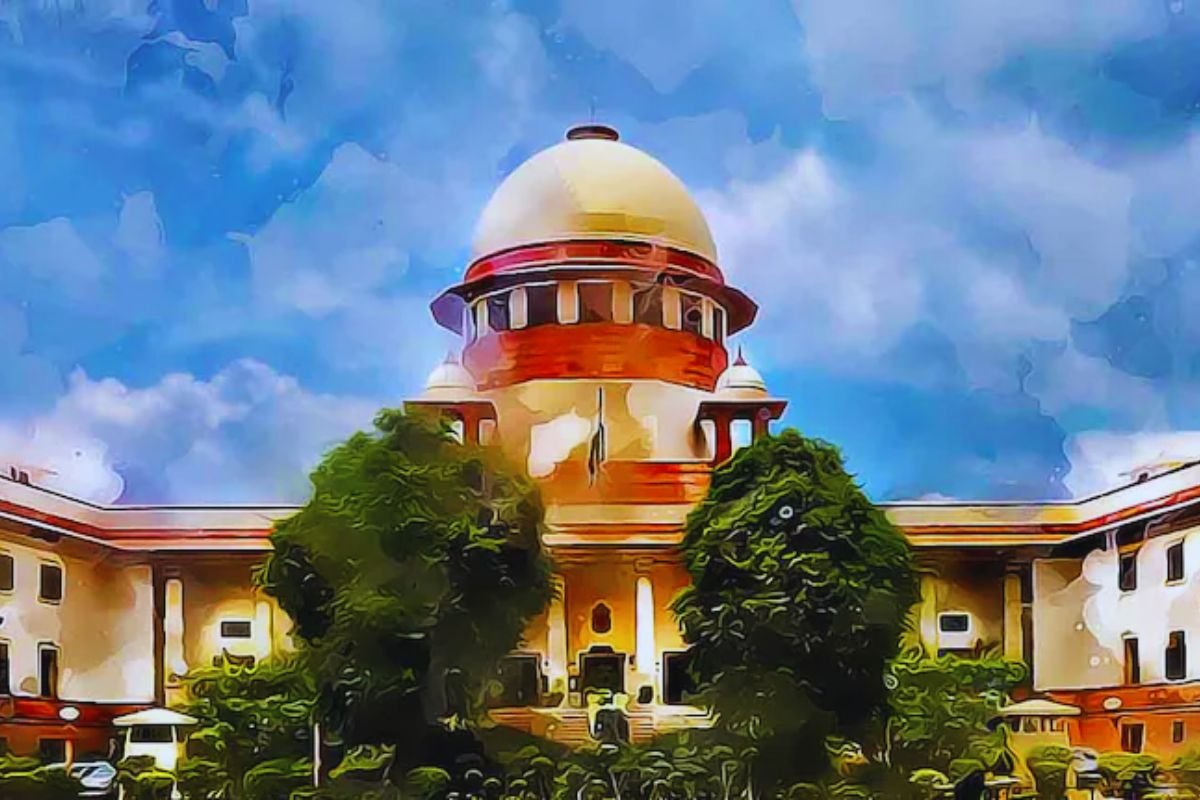

A seven-judge bench, headed by Chief Justice of India DY Chandrachud, said that bribery by a member of the legislature erodes probity in public life and constitutes an offence

NEW DELHI: The Supreme Court on Monday ruled that lawmakers, including MPs and MLAs, can be prosecuted under the Prevention of Corruption Act if they take bribes for their votes or speech in Parliament or assembly.The court overturned a 1998 verdict that gave immunity to legislators under Article 105 (2) of the Constitution.
A seven-judge bench, headed by Chief Justice of India DY Chandrachud, said that bribery by a member of the legislature erodes probity in public life and constitutes an offence. “To give any privilege unconnected to the functioning of Parliament or legislature will lead to creating a class that enjoys unchecked exemptions from the operation of law of the land,” the bench said.
READ MORE : Supreme court upholds ‘two-child norm’ for govt jobs in Rajasthan
The court added that parliamentary privileges are related to the collective functioning of the House and not to individual members. “An MP/MLA can’t claim immunity from prosecution on a charge of bribery in connection with the vote or speech in the legislative house,” the bench said.
The court was examining the correctness of the 1998 judgment in the PV Narasimha Rao case, where a five-judge bench, by 3-2, held that MPs who took bribes and voted in the House could not be prosecuted as they enjoyed immunity under Article 105 (2). “Elections to Rajya Sabha or the office of the President/Vice President will also come under the ambit of Constitutional provisions applicable to parliamentary privilege,” the Supreme Court said.
The issue came up before the seven-judge bench in a case involving a former Jharkhand MLA, Sita Soren, who allegedly accepted money from an independent candidate for voting in the Rajya Sabha elections of 2012. The Centre, represented by Solicitor General Tushar Mehta and Attorney General R Venkataramani, supported the view that immunity under Articles 105 (2) and 194 (2) will not apply in cases of bribery. “We are not to be heard saying that bribery is condonable,” Venkataramani said.
The court also clarified that the decision will not affect the validity of any past or present proceedings in Parliament or assembly. It said that the Speaker or the Chairman of the House will have the final authority to decide on any breach of privilege or contempt of the House by a member.